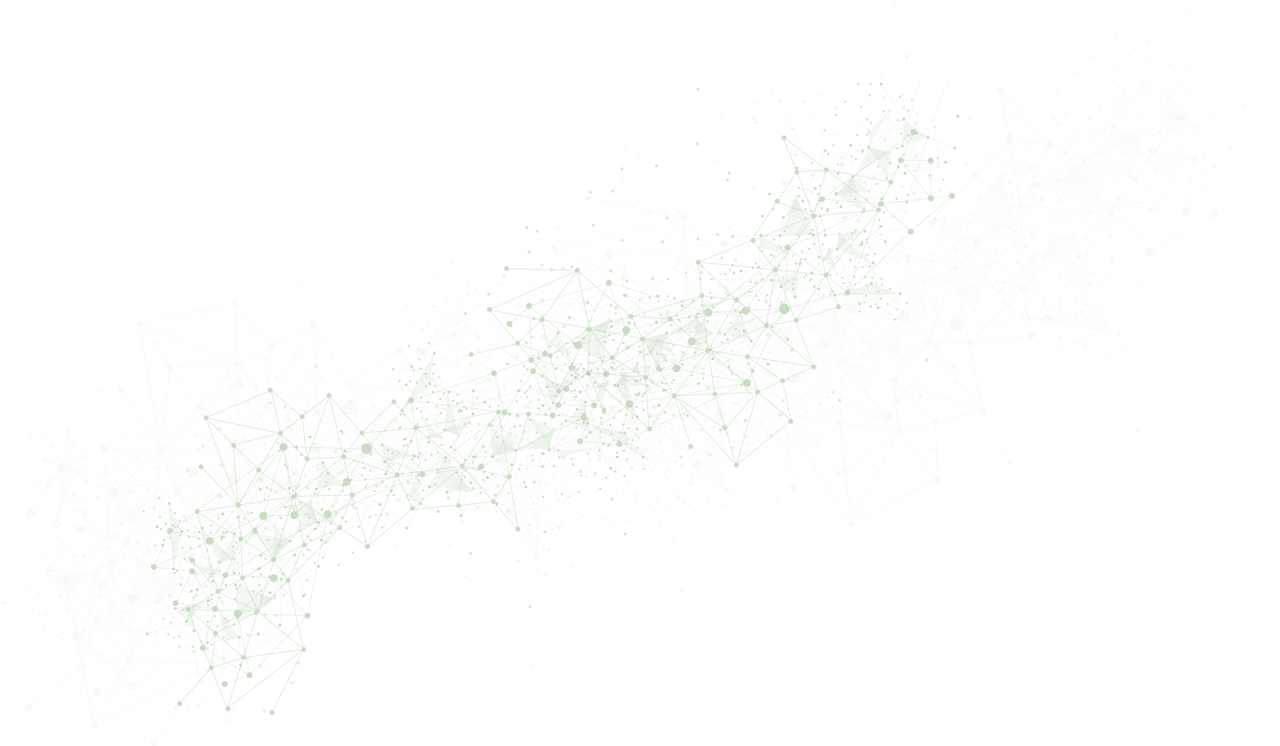
Mutually reinforcing policies and research
2.3 SCIENCE
Devastating worldwide events such as COVID-19 in turn require a global response – governments must act now to create a blueprint for joined-up action on future crises
By Shamila Nair-Bedouelle,
assistant director-general, natural sciences, UNESCO

COVID-19, with its terrible consequences for the global economy and our globalised health system, has emboldened the naysayers of globalisation. At the same time, the pandemic has demonstrated the virtues of a globalised research system. Around the world, we have seen public and private actors working together across borders and disciplines to tackle this new coronavirus and accelerate the development of treatments, protective personal gear, medical equipment and vaccines, all for the public good.
The current pandemic has made a convincing case for opening up research across borders and ensuring transparency in sharing data and information. This trend aligns with the mandate of the United Nations Educational, Scientific and Cultural Organization to foster sharing scientific information and data for the public good. In fact, UNESCO will submit a Recommendation on Open Science to its members for adoption this November when they convene for the biennial General Conference.
Openness comes naturally to scientists, for whom sharing information and data is second nature. We know from the latest edition of the UNESCO Science Report that international scientific collaboration is growing, even if only 24% of scientific publications currently involve international co-authorship. We are also seeing a trend towards greater intraregional collaboration within Asia, Africa and Latin America.
Worldwide, one-third (34% in 2019) of scientific publications concern health sciences, according to the UNESCO Science Report. Moreover, international collaboration in health sciences has grown slightly, involving 20.3% of all publications in this field over 2014–2016 but 22.5% over 2017–2019. International scientific collaboration is essential not only to tackle health pandemics like COVID-19 – for there will be other pandemics – but also to address other pressing global challenges such as climate change, biodiversity loss and environmental degradation. Countries must not be afraid to acknowledge vulnerabilities exposed by either domestic or international research. It is easy to celebrate science when researchers achieve a breakthrough, but science must also be heard when it is the bearer of bad tidings.
“
Research communities are not born overnight. They must be nurtured over time”

During the pandemic, governments everywhere have turned to their biomedical communities for solutions. Many have allocated generous research budgets to these communities. That is all very well but it is those research communities that were well funded before the virus emerged that have been best equipped to respond to the crisis. Research communities are not born overnight. They must be nurtured over time. Currently, four out of five countries still spend less than 1% of their gross domestic product on research. In many countries, funding for research remains low or erratic. Researchers enjoy little status. This makes poor economic sense. Why invest in training a scientist or an engineer only to waste that investment by denying them the means to carry out their mission effectively?
In 2015, governments around the world pledged to raise their research expenditure as a share of GDP when they adopted the Sustainable Development Goals. Within three years, 32 countries had effectively raised their research effort. But another 13 headed in the opposite direction. Scientific communities need sustained adequate funding to thrive. This is one of the main messages of the Recommendation on Science and Scientific Researchers adopted by UNESCO’s member states in 2017.
For humanity to solve the myriad crises it faces, it will be very important for research and public policies to be mutually reinforcing. During the pandemic, policymakers have often been faced with a range of unpalatable options necessitating trade-offs among health, economics, individual rights and social well-being. Scientific analysis and advice have helped them to make informed decisions in an extremely difficult situation. Now, decision makers have an opportunity to build greater resilience to future pandemics by adopting policies that support scientific institutions.
Despite the need for research and public policies to be mutually reinforcing, scientists and policymakers are not always on the same path. Scientists have been producing valuable research on COVID-19 in countries where governments have been reluctant to listen to science. Similarly, scientists have been producing valuable research on climate change mitigation and adaptation in countries where it has been government policy to minimise the importance of climate change. This antagonism is problematic, because scientific knowledge can only be transformational if backed by political will. If decision-makers refuse to acknowledge that there is a problem, they will not support policies that facilitate problem solving or heed research that proposes practical solutions.
Scientists themselves have obligations to the wider community. They must be attuned to the ethical issues that their research may raise. The ethics of science has long been a focus of UNESCO’s work, through the World Commission on the Ethics of Scientific Knowledge and Technology and the International Bioethics Committee. Most recently, this work has led to the elaboration of a Recommendation on the Ethics of Artificial Intelligence, to be submitted for adoption at this year’s General Conference
BACK TO TOP
Shamila Nair-Bedouelle
Shamila Nair-Bedouelle is the assistant director-general for natural sciences at the United Nations Educational, Scientific and Cultural Organization. She previously served as director of the OzonAction programme at the UN Environment Programme. She has pursued her research interests in parallel to her career at the United Nations, and was director of research at the University of Paris V since 2000. From 2002 to 2007, she served as scientific officer and deputy scientific coordinator of scientific programmes of the European Commission.
